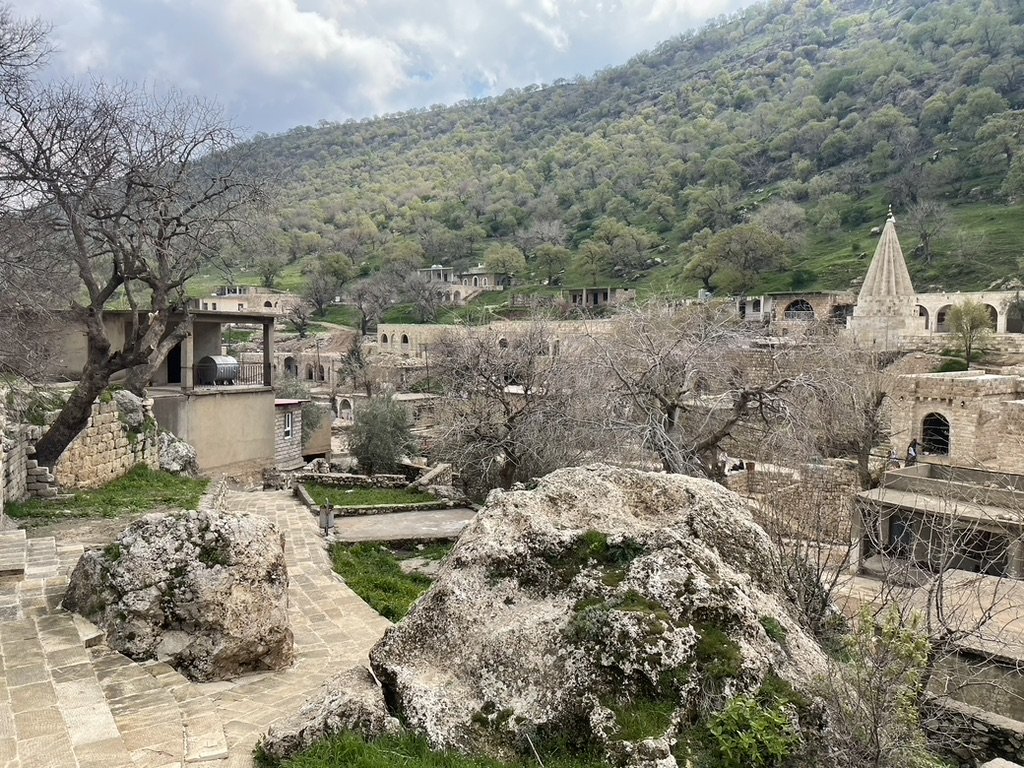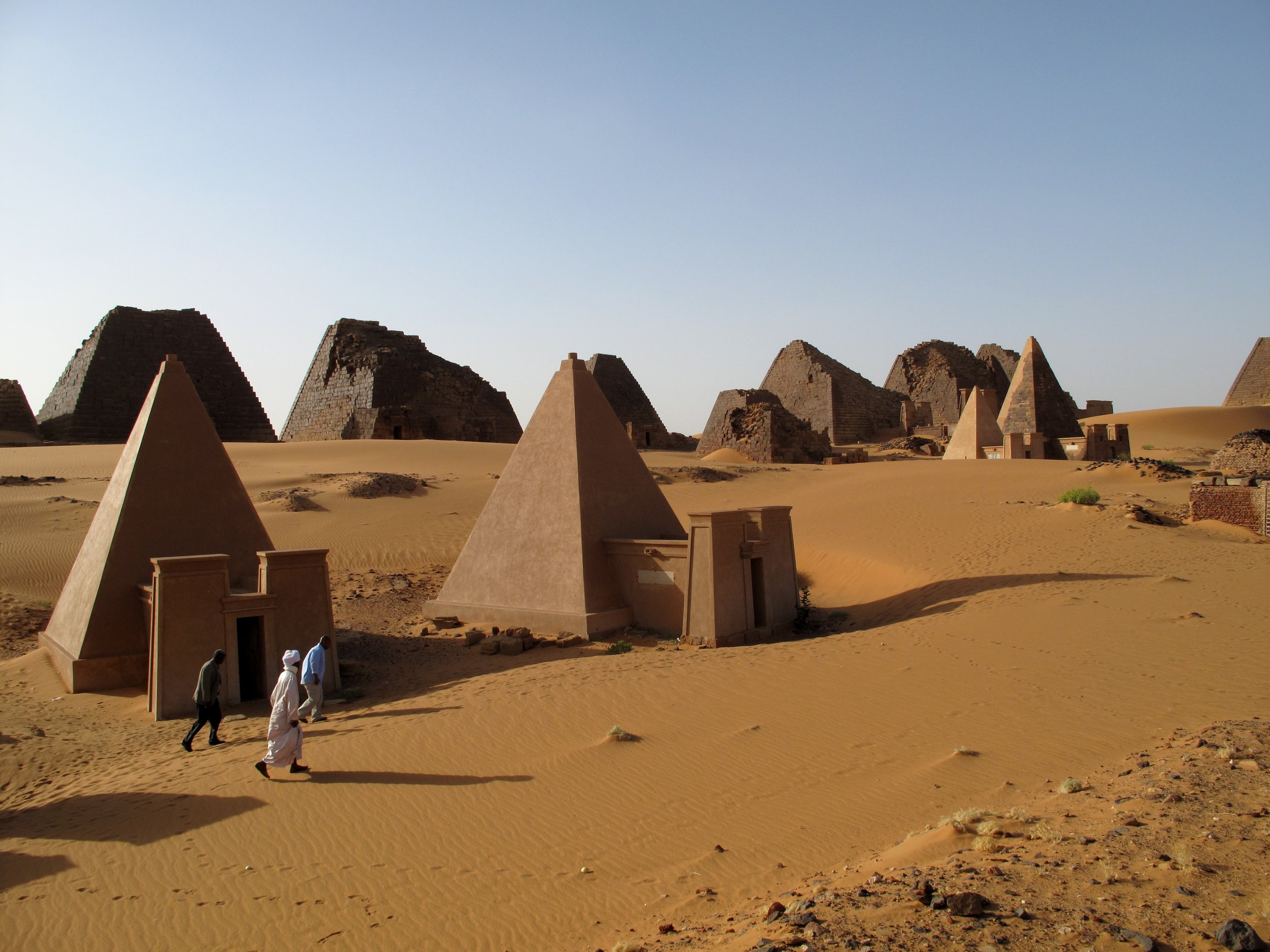
News
Recent reports and research
This findings report explores why and how armed groups engage with cultural heritage, offering new tools and insights for cultural protection in conflict zones.
This Syria case study explores how engaging de facto authorities on cultural heritage protection can support peacebuilding and reconciliation. It examines HTS’s evolving approach to heritage and offers practical engagement strategies.
This briefing presents strategies for engaging armed groups on cultural heritage protection, focusing on risk management, community engagement, and practical tools for culturally sensitive programming in conflict zones.
This briefing note explores why armed groups protect or destroy cultural heritage, highlighting ideological, political, and contextual factors that shape their behaviour. It offers insights to inform targeted engagement strategies in conflict zones.
Recent media
Centre co-director Ashley Jackson talks to Radio Free Europe about the Taliban’s greater attempts to exert control over Afghanistan.
Mina Radončić and Markus Geray write about the workshop “Roadblocks and revenues: new geographies of taxation in conflict” that was hosted by DIIS, ICTD and the Centre on Armed Groups in Copenhagen from 15-17 May 2023, bringing together 40 researchers from various countries.
Ashley Jackson comments on the latest developments in Afghanistan with regional tensions over resource management.
Ashley Jackson comments on the ban on female education in Afghanistan, and the turn toward female madrasas
Ashley Jackson comments on the latest developments with the Taliban in Afghanistan.
The Centre’s Ashley Jackson, Florian Weigand and Leigh Mayhew write about what we get wrong about measuring wartime control, with Ibraheem Bahiss.
The Centre’s Ashley Jackson, Florian Weigand, and Leigh Mayhew write about the state of play with armed groups in the Sahel, with Laura Berlingozzi, Ed Stoddard and Ibraheem Bahiss
Florian Weigand discusses how legitimacy is built and lost during armed conflict.
Recent events
This event will delve into the potential of engaging armed groups on climate issues and the opportunities and complexities involved. It brings together academics and practitioners from ODI, ICRC, the Centre and Fight for Humanity to explore ways for involving armed groups in tackling the challenges posed by climate change and environmental degradation.
Online Roundtable to discuss the future of Jihadism in Afghanistan, and its various interrelated ramifications, hosted by the LSE South Asia Centre.
Hosted by the Geneva Graduate Institute, this conference explored the findings of a multi-year study on armed group compliance with international humanitarian law and human rights norms.







